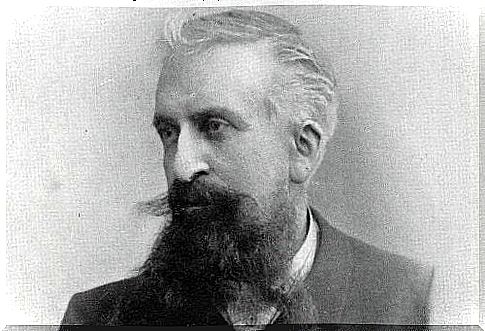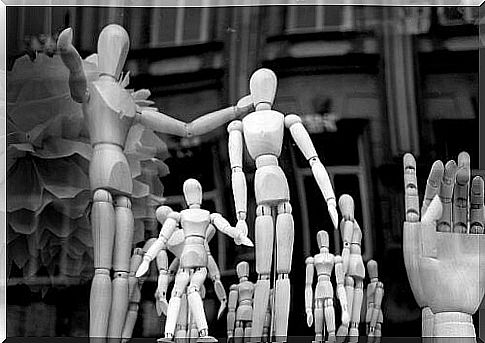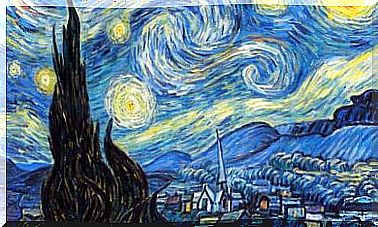Gustave Le Bon And Crowd Psychology

Gustave Le Bon was born on May 7, 1841 in Nogent-le-Rotrou (France). He first trained as a doctor. After that, he devoted much of his life to studying sociology, psychology, physics and anthropology. He was also a military doctor during the Franco-German war. His first research was devoted to physiology. He then focused on archeology and anthropology.
The French government sent him to the Orient as an archaeologist. He visited many countries there and also traveled to Europe and Africa. His research and observations then led him to write a series of books. The most famous of these is Crowd Psychology.
Gustave Le Bon’s Darwinist Approach
Much of Gustave Le Bon’s work is devoted to justifying the colonialism of the European powers. His main argument was the idea that there were superior races. For this, he relied on a great deal of conjecture and rather dubious evidence.
Le Bon was a staunch defender of geographic determinism. He asserted that only certain geographical conditions could allow the appearance of truly intelligent, beautiful and morally developed men and women. These conditions were of course those of Europe, and the superior race was that of the Aryans.

Gustave Le Bon was also convinced of the existence of several very different human races. He was not referring to any physical or genetic traits but actually believed that each race was a separate species. Of course, he also believed that there were superior and inferior races.
If the human races mingled with each other or with one of the inferior races, the results were good. On the other hand, if two or more inferior races mingled, the consequence was none other than a degenerate people.
Crowd psychology
Gustave Le Bon became particularly famous after the publication of his book Psychologie des foules. His basic idea was that human beings collectively develop behaviors that they would never develop individually. In other words, groups have a determining influence on individuals.
He points out to us several reasons why the “me” gets lost in the “we”. Here they are:
- The human being perceives the crowd as an invincible power. He stops feeling responsible because he is nothing more than an anonymous figure.
- The masses have an impact on the way of feeling and acting of those who compose them. This is done unconsciously. And allows the crowd to be manipulated by a leader.
- The crowd suggests ideas and hypnotizes the individual. Being part of a group makes a person feel omnipotent.
- In a mass, the unreal is stronger than the real. A mass is compact. It does not break due to internal differences.
- The crowd is seen as a survival mechanism. Not belonging to a mass is seen as a serious danger.
Sigmund Freud himself has written a whole body of work to question Gustave Le Bon’s psychology of crowds. Freud’s book is called Crowd Psychology and Self Analysis.
The impact of Le Bon’s theories
Even though Gustave Le Bon defined himself as a democrat, his ideas undoubtedly encouraged Nazi ideology. Just like fascism and other similar sectors. Le Bon argued that the masses were a servile herd and therefore could not exist without a leader. He pointed out that this leader or leader must be someone with a strong personality, well-defined beliefs and an iron will.

Moreover, Le Bon’s ideas on the unconscious have been widely disseminated. They allowed him to have a certain notoriety. His contributions have been numerous in this area. On the one hand, they were taken over by the Nazi propaganda services. However, on the other hand, they have also set important foundations for the advertising business.
Gustave Le Bon died in 1931. He probably never imagined that his research would inspire the Nazi holocaust. And encourage him. And even less than his own country, France, was going to be a victim of discrimination from the Aryans.









